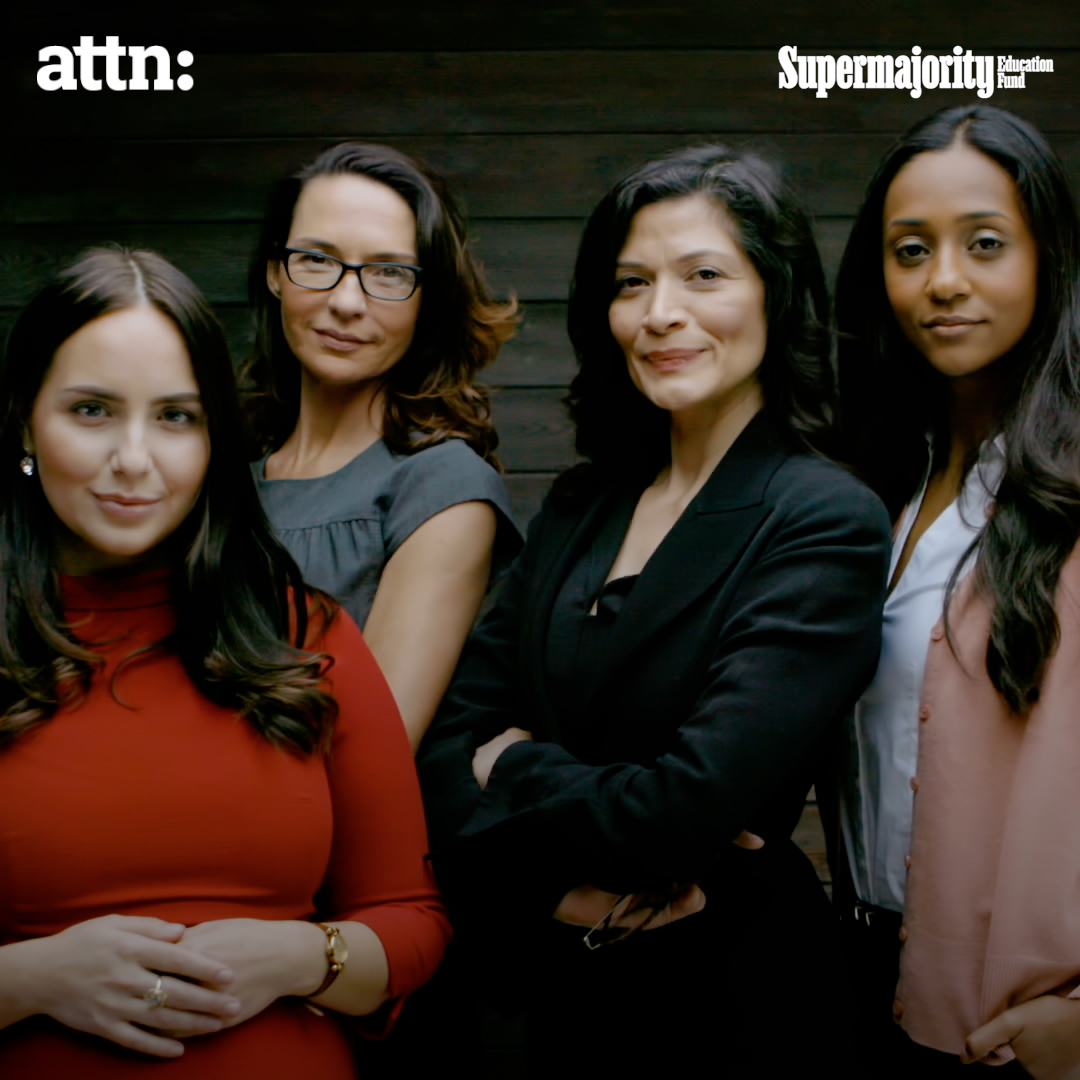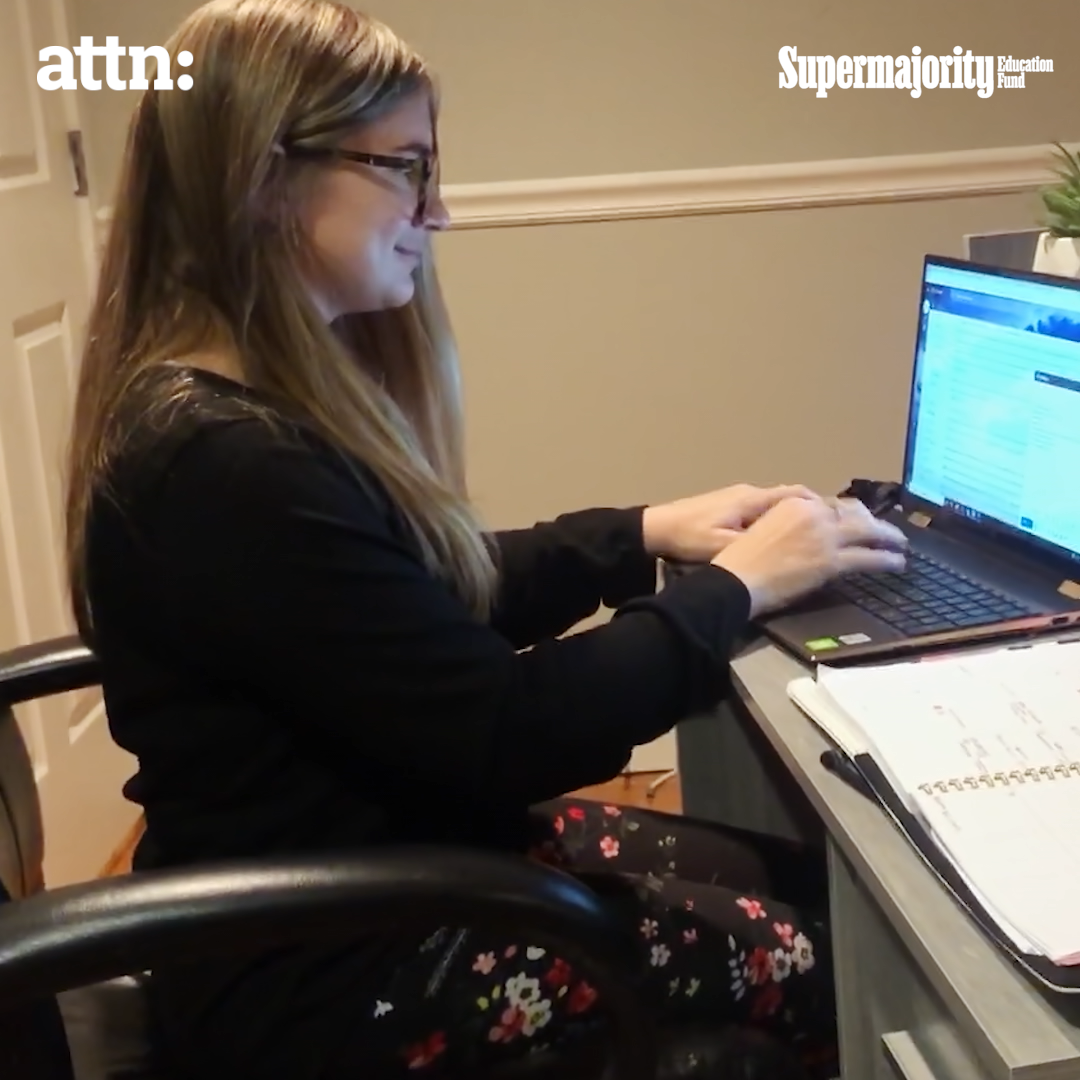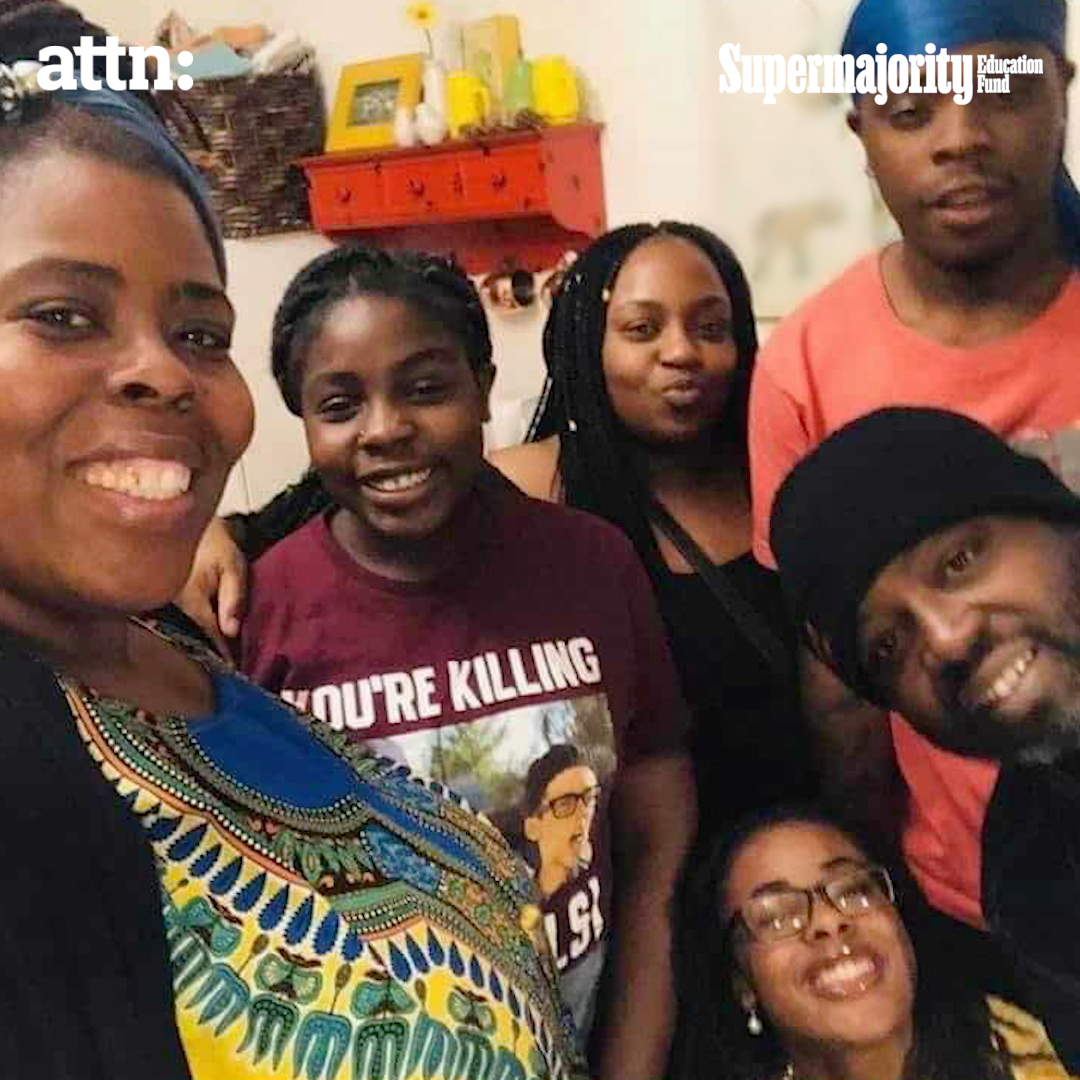


Apply Within: Tameka’s Story
By Rachel Cargle
Tameka, an activist in Las Vegas, Nevada, is unwavering in what she is here to do in the world. “I know I am here to serve others. ” And she does just that. Along with her role as an activist and mentor, Tameka works at a local food garden. Her time there is spent educating and managing community resources to help fight food securities that are all too common. But while her passion stands unwavering, her “all in” approach to serving the community took a halt as Covid-19 made its way into her hometown.
The pandemic forced temporary closure of her garden and even when it could reopen the hours were drastically reduced. “It's hard ,” Tameka said through tears speaking of the ramifications of the pandemic and how it’s affected her experiences at work. “It takes a lot out of you. You can have all the support in the world in, you know, it just -- it's hard. You really wear yourself out to do work in the community and for the community, it can be really tiring although it feels good in your heart.” To an already struggling demographic, the closure of the garden meant that the added strain felt unbearable. Not only was the neighborhood losing access and opportunity to nourishing food options but Tameka herself had to grapple with the loss of income.
This experience is not unique to Tameka unfortunately. Since the pandemic began 6.5 billion dollars in lost wages has been extracted from the incomes of working mothers across the nation. The reduction in hours as well as jobs lost has sent a ripple effect into the daily lives of women who are juggling showing up for both family and community as women are often expected to.
“I look at my children and family and tell myself, you have to get it together, there are people depending on you.” Tameka shares. Her sentiment lends to the balancing act often required -- choosing between caring for one's family and seeking income opportunity. For 1 in 4 American workers, like Tameka, the choice is one or the other. There is currently no required paid family sick leave policy at the federal level. This leaves citizens all over the country in compromised positions if even one member of the family needs support. It was inevitable that the pandemic exacerbated this issue even more.
In 2006 Tameka's husband became disabled and from time to time had to spend extended time in the hospital. Leaving work to support her husband to recovery meant spans of loss income. Tameka explains, “I had to decide do I go to work and not care for my family or do I stay at home and don't get the pay. It's so hard to make that choice between your livelihood and the lives of your family. We needed a paid family even before the pandemic.”
Paid family leave is just one example of the ways families, and particularly women, deserve to be supported as they continue to move through the day to day of supporting the economy. In a society where excessive exertion is praised but rest and recovery is in many ways punished, we are in an unsustainable loop that is burning us all out one by one. Issues like childcare, universal income, free education and debt relief are again, as always, on the table to work against the capitalist frenzy we are all reeling from -- the frenzy that the pandemic didn’t expose but simply highlighted.
Tameka looks forward to potentially furthering her passions for community by running for office as elected official in the future. “We need to keep fighting for these laws and programs and changes that need to be made to not only get people back to work but to keep them working.” she says. “We deserve to have quality affordable childcare when we need it and paid family leave for all families. Women are meant to be trusted and we are meant to be happy, period.”
--
Rachel Cargle is a writer, entrepreneur and philanthropist. She is the Founder and president of The Loveland Foundation and owner of Elizabeth’s Bookshop & Writing Centre. She lives in Brooklyn, New York.


